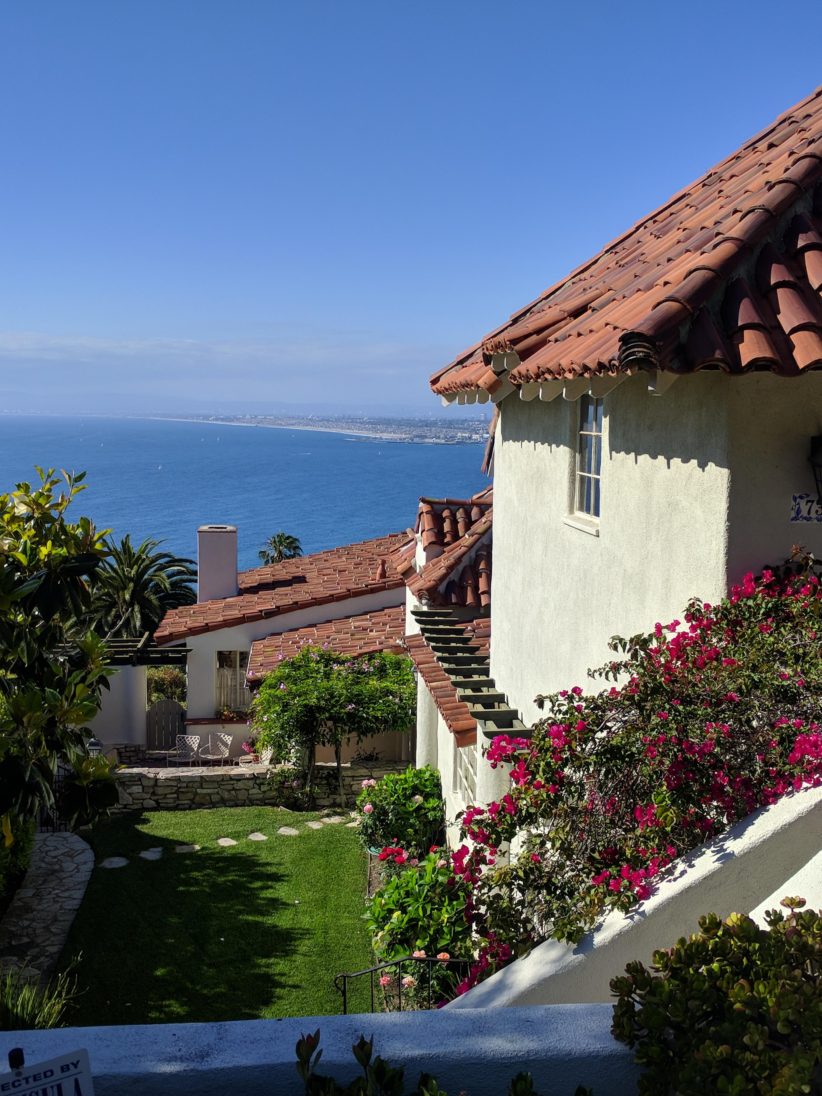The stock market is a no-called-strike game. You don’t have to swing at everything – you can wait for your pitch.
-Warren Buffett
I don't day trade. I don't own cryptocurrencies. I don't directly own rental real estate. I have friends who have done incredibly well in each and every one of those areas of investment, and I enjoy learning from their experience even if I have no plan for following their example.
I find it fascinating when examples seem to defy the "laws"of investing, and I like to puzzle over what I can learn from these outliers. A recent example is Hertz, the car rental company.
In May 2020, the pandemic was in full swing, travel was nil, and the debt-mired company had just filed for bankruptcy.
When companies enter bankruptcy, the court tends to follow an agreed upon order of operations in determining who gets paid first, and how many pennies on the dollar they get made whole. Creditors stand near the front of the line, and get paid first.
Common stock equity investors are typically the last to be paid, and the money has often run out by the time they come up for repayment. By virtue of holding the proverbial poop end of the stick, they tend to lose the entire value of their stock holdings.
Based on this historical trend, it came as no surprise when Hertz stock went from a prepandemic value of over $15 to a post-bankruptcy declaration price of $2.
Defying conventional wisdom, as the company entered bankruptcy and share values dropped, individual investors began buying up shares and pouring money into the company. Not looking a gift horse in the mouth, Hertz issued additional common stock which investors eagerly purchased.
Yet the company itself tried to counter what it viewed as puzzling investor behavior, going so far as to issue a warning that it expected investors to lose all their money during bankruptcy proceedings. Despite these dire warnings, investments continued to pour into the distressed company.
Hertz seemed doomed, as hopes for both a sudden reversal of pandemic restrictions and a new burst of travel demand translated into increased car rentals seemed like a longshot.
In fact, the rapid rollout of vaccination campaigns in the US and wealthier European nations combined with increases in domestic travel demand pulled off a Triple Lindy.
Not only did the winds of fate line up perfectly for a rental car recovery, but the rise in demand for used cars meant that Hertz' existing inventory of cars, formerly a liability, transformed into an asset as used cars grew significantly more valuable during the pandemic.
By August, used car prices had increased by 20% compared with the prior year. Hertz sold off 200,000 of its 650,000 vehicles, and made significant money from those transactions.
Fast forward to today: Hertz has emerged from bankruptcy as a group of investors raised almost $6 billion to infuse into the new entity. Like a phoenix rising from the ashes, those investors who held on have made a tidy profit.
Bloomberg authors are printing apologies for reading the tea leaves incorrectly, leading with headlines that proclaim The Hertz Gamblers Were Right.
Is the world truly turned upside down now that conventional investing wisdom has been defied?
Was this a lucky confluence of events that is more exception than new rule?
Have small individual fintech investors, of the much-maligned Robinhood app variety, once again outdone the smart money of traditional investing institutions?
Hard to say. Everyone, it seems, seeks to find an explanation that will appease us. We are, after all, the apes who love narratives.
Having pored over decades of prior stock predictions, I discovered that the band Nazareth endorsed a strong buy for Hertz stock back in 1975...


Comments 2
A patient rolls into the ER in full code. You code him for a friggin hour. Suddenly a pulse. Skill or luck? Hertz at the time of its bankruptcy was dead. It wasn’t used as a vehicle for investment but a vehicle to long or short the volatility. If you guessed right you skimmed the marginal return. Options are a zero sum game and half won and half lost. Bankruptcy is designed to if possible revive a company and restructure it’s debt, which apparently happened. I’m not sure ascribing the survival to the Robinhoodies is warranted.
Hertz has is a major used car seller and there is an entire nationwide sales team to sell off their (prior to the pandemic) 2 year old stock. The cars are routinely serviced and live under the warranty until it ends and then are replaced with new models. I’ve bought 2 Hertz cars for kid cars and found the deal to be quite acceptable. They typically have 40K miles, are Nissan products but other models are available, are well maintained and have another 150K of life, usually a new battery and tires are included, and the brakes have a good 40K miles left, so they already had in place a mechanism to dispose of their inventory at top dollar. I live next to Orlando and there are 3 Hertz used dealerships within 50 miles. I checked their used car prices at the time of the bankruptcy and they didn’t falter. The demand for cheap deals was greater than the supply.
Author
If I’m running the code, it was luck.
You are right that the cause is unclear, but the association remains interesting to ponder.